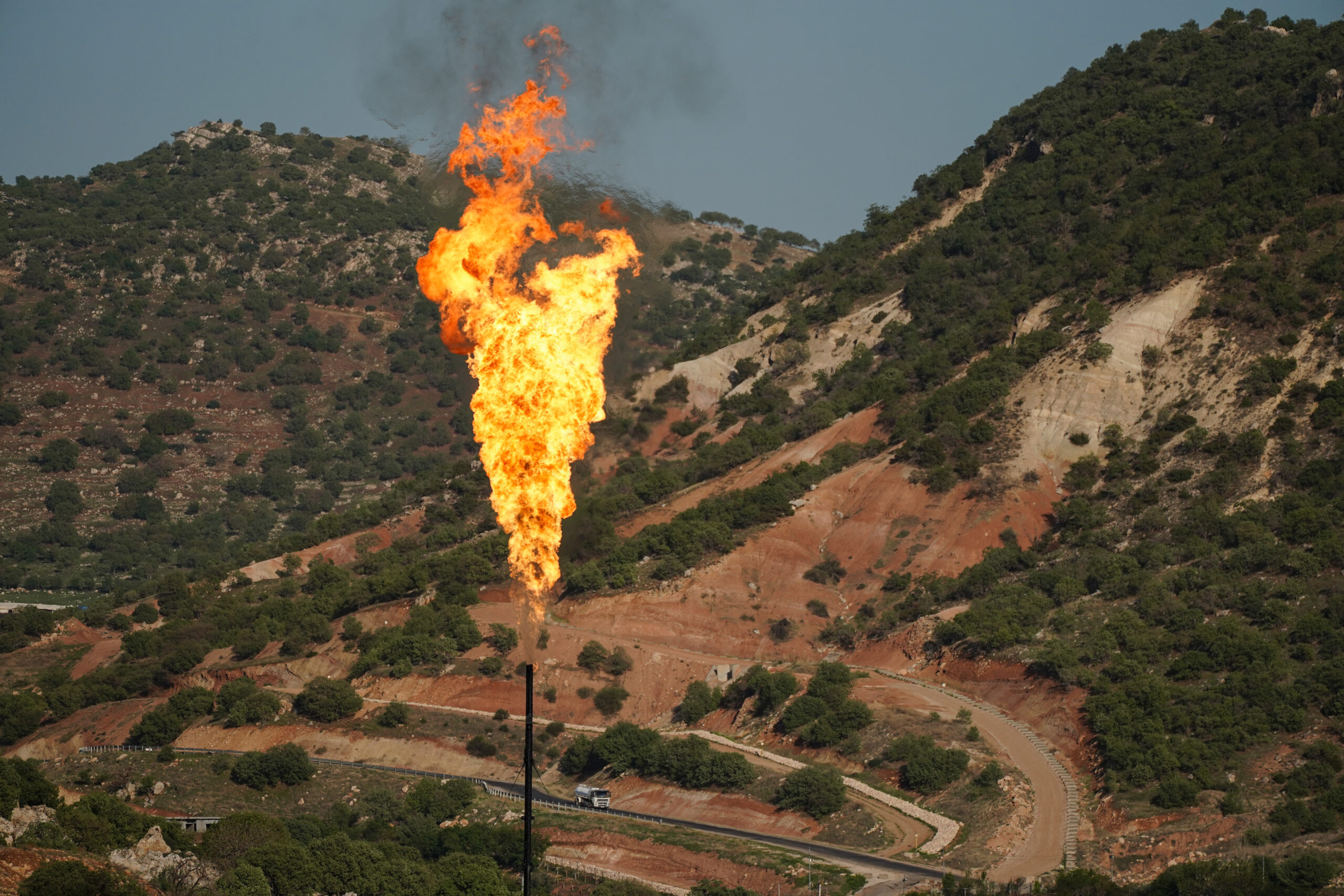The complex economic relationship between the United States and Iraq stands at a critical juncture, presenting both challenges and significant opportunities for mutual growth, particularly as discussions move beyond the immediate implications of trade tariffs.
While recent tariffs on Iraqi exports to the US, like the 30 percent rate announced by the Trump administration, might suggest economic friction, their direct impact on Iraq’s primary export, oil, is limited due to existing exemptions. However, the indirect consequences of such measures on global oil prices and trade could still influence Iraq’s economic outlook. This complex dynamic underscores the need for a deeper understanding of the US Iraq Relations beyond surface-level trade figures.
The trade deficit between the two nations is largely driven by Iraqi oil exports. Despite US exports to Iraq averaging a relatively small $1.4 billion annually, Iraq’s overall economy has evolved, leading to increased imports from diverse global sources, not necessarily due to barriers on US products. This shift highlights a changing landscape for Economic Partnership.
Iraqi oil exports to the US have declined significantly, a trend influenced by two key US-specific factors: modest US oil consumption growth and the rapid expansion of its domestic shale oil industry. This transformation in the US’s energy profile has fundamentally altered its role as an oil importer, reshaping the traditional dynamics of Energy Infrastructure and trade.
Despite the historical trade figures, the current climate offers a promising opportunity for Iraq to bolster crucial aspects of the US-Iraq Strategic Framework Agreement. A core focus for Iraq should be securing its energy independence by diversifying its gas export sources and reducing reliance on Iranian imports. This path represents a vital step towards a more robust Strategic Cooperation.
Key to this energy independence is significant infrastructure development, particularly in Iraq’s Liquefied Natural Gas (LNG) sector, with potential involvement from US companies. This includes sourcing LNG from the US, developing LNG infrastructure, and critically, increasing domestic gas production by capturing flared gas using US technology. These initiatives collectively lay the groundwork for a resilient Middle East Policy and energy future.
The successful implementation of these energy initiatives culminates in addressing Iraq’s critical electricity supply-demand gap through the upgrading and development of its electricity grid infrastructure, again with potential contributions from US firms like GE Vernova. For these ambitious projects to materialize, Iraq must facilitate access and secure investments from American companies, navigating any existing Trade Tariffs or non-tariff obstacles.
The journey ahead for US-Iraq relations is nuanced, demanding strategic foresight and collaborative efforts to unlock its full potential. By focusing on shared economic and energy goals, both nations can cultivate a mutually beneficial Economic Partnership that transcends the complexities of trade imbalances and builds a foundation for long-term stability and growth.






Leave a Reply